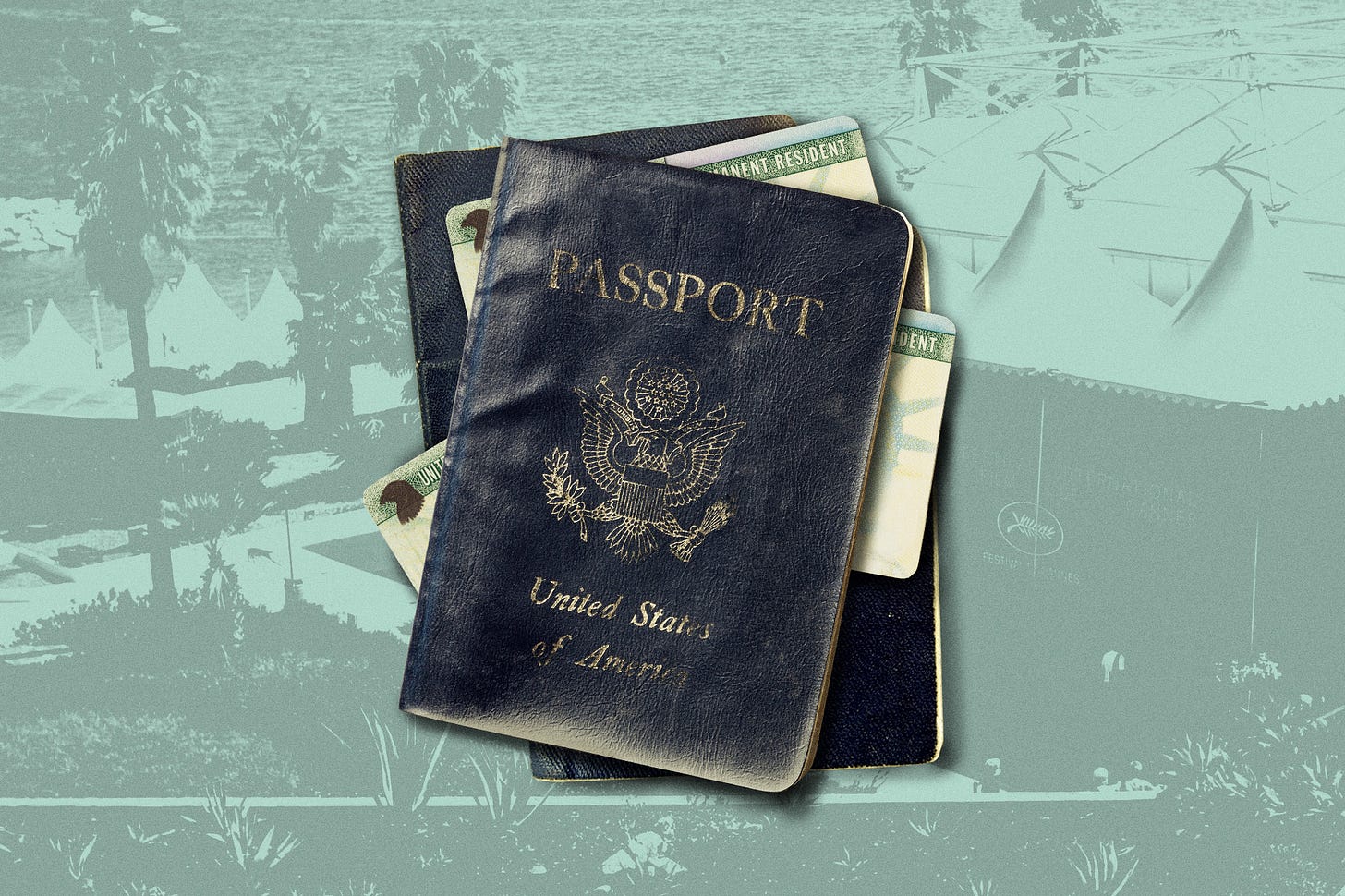Before You Fly, Read This. It Could Change Your Journey Home
From social media 'likes' to shopping receipts to detainment: a USC professor on what to know before facing U.S. border control post-Cannes and beyond

Jean Reisz is an immigration law professor and co-directs the University of Southern California Immigration Clinic. In this article, she will try to answer some common questions about international travel for visa-holders and lawful permanent residents.
In his second term, President Donald Trump has implemented several policies to restrict immigration to the U.S. and aggressively remove immigrants within the United States. These policies have impacted not only those present in the U.S. without legal status, but also those immigrants who are lawfully present. Media headlines report the cancellation of visas and revocation of certain statuses, the government arresting and seeking to deport permanent residents and student visa-holders for protest activities, and immigration officials detaining or turning away visa-holders at the border based on searches of their email and social media.
International travel is stressful on its own. And this climate has increased anxiety for many lawfully present immigrants who find themselves questioning the risk of travel and wondering what the government can and can’t do under U.S. immigration laws and the Constitution.
I am an immigration law professor and co-direct the University of Southern California Immigration Clinic. In this article, I will try to answer some common questions about international travel for U.S. citizens, visa-holders and lawful permanent residents, including what to do if a colleague is detained, what your rights are, how to act if you deny border control access to your phone or electronic devices, whether or not you should be carrying a burner phone, and the kind of email receipt that could get you into trouble at the border:
I am a U.S. citizen. Is there anything I should be concerned about when traveling?



